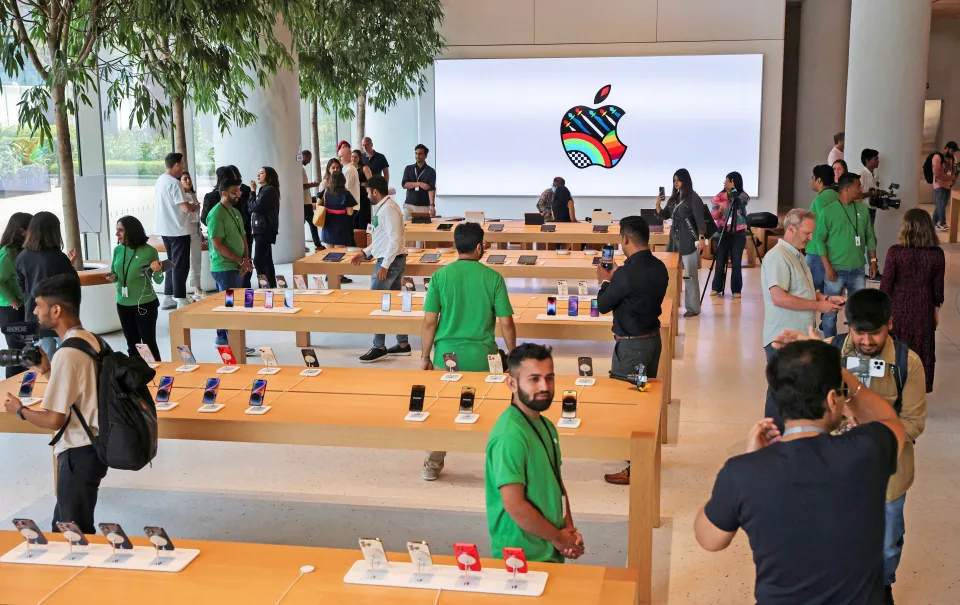The Indian authorities, aligned with Prime Minister Narendra Modi, have reportedly questioned Apple regarding the accuracy of its internal threat algorithms and are now investigating the security of its devices. This follows Apple’s warning to journalists and opposition politicians in October that their devices may have been infiltrated by state-sponsored hackers. The government officials, concerned about the political implications of these warnings, have taken steps to scrutinize Apple’s security measures.
According to The Washington Post, Indian officials have been more direct in private discussions with Apple representatives. They allegedly pressured the company to find ways to mitigate the political impact of the hacking warnings. Furthermore, they reportedly called in an Apple security expert to propose alternative explanations for the warnings that could be communicated to the public, likely to deflect blame from the government as a potential perpetrator.
This situation underscores the intersection of technology, security, and politics, highlighting the challenges that tech companies may face when dealing with government authorities, especially in matters related to cybersecurity and potential state-sponsored threats. It also raises concerns about the independence of technology companies in addressing security issues without undue interference from government entities.
The situation involving Apple’s warnings to journalists and politicians critical of Prime Minister Narendra Modi’s government in India has taken a concerning turn. Individuals who posted about these warnings on social media, particularly those critical of the government, were found to have a commonality – they were all vocal critics of Modi’s administration.
Amnesty International conducted an examination of the phone belonging to journalist Anand Mangnale, who was investigating Modi ally Gautam Adani, and discovered that Pegasus spyware, developed by the Israeli company NSO Group, had been planted on his Apple device. While Apple did not explicitly attribute the attacks to the Indian government, Pegasus is known for being sold predominantly to governments and government agencies.
The report from The Washington Post indicates that India’s ruling political party has neither confirmed nor denied the use of Pegasus for spying on journalists and political opponents. However, this incident is not the first time critics of Modi’s government have been targeted with the Pegasus spyware. In 2021, a collaborative investigation known as the Pegasus Project revealed instances of the spyware being present on the phones of individuals with a history of opposing and criticizing the Indian government under Modi. These revelations raise concerns about the potential abuse of surveillance tools and the targeting of dissenting voices in the country.




